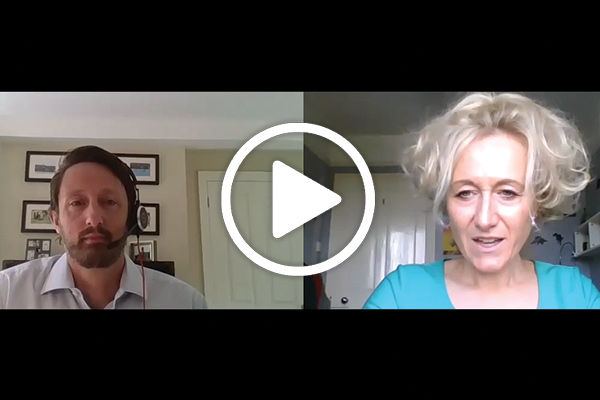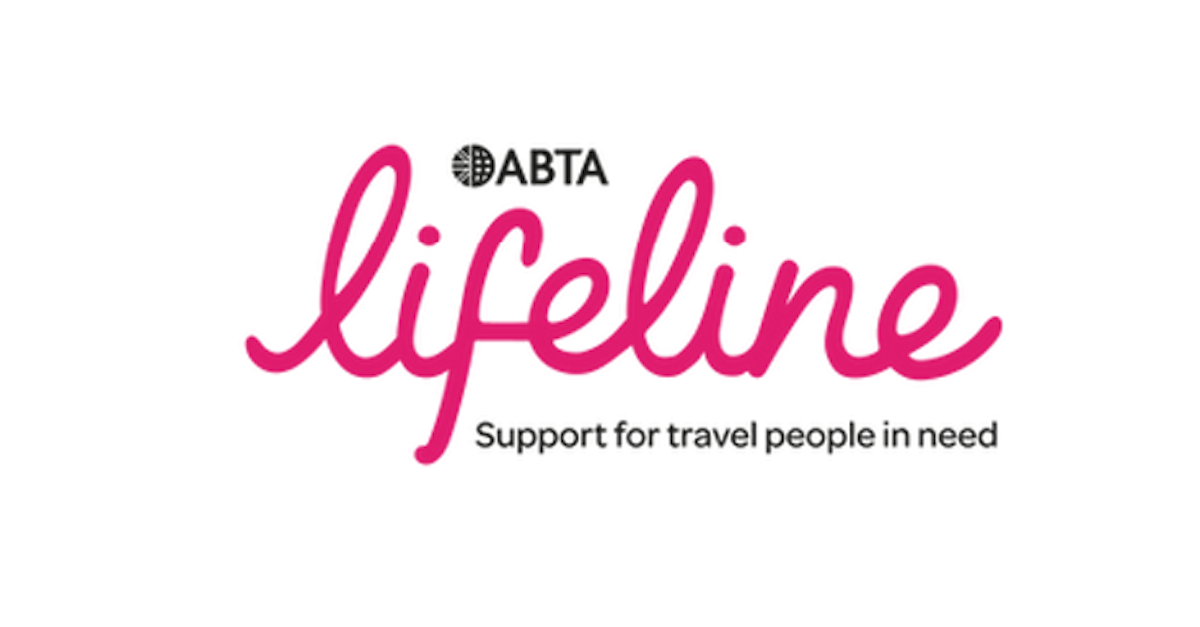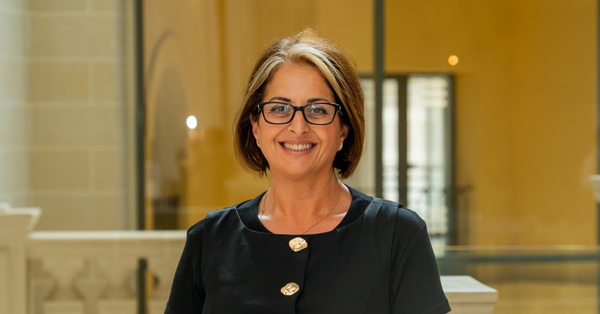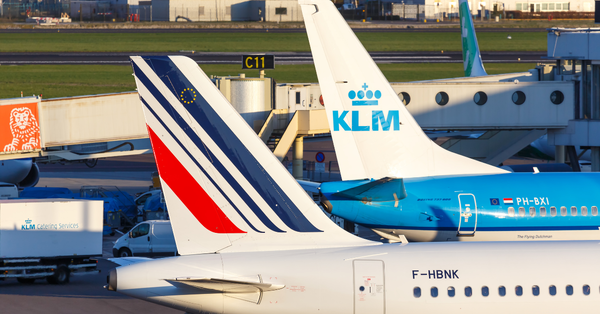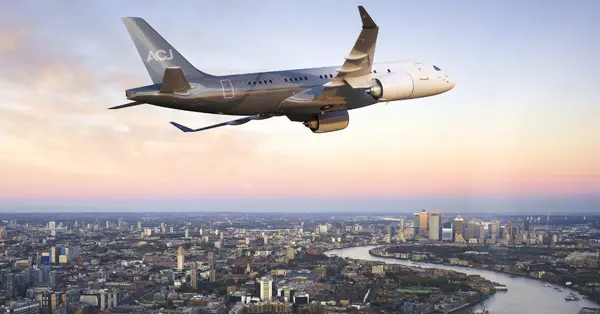You are viewing 1 of your 2 free articles
Second quarter ‘lowest on record’ for travel M&A activity
The second quarter of 2020 was the lowest on record for mergers and acquisitions in travel, according to a leading advisor.
Asked if activity had “dried up” during the Covid-19 crisis, Henry Wells, managing director of M&A at Duff & Phelps said: “Not completely, but quite a lot.”
Joining a Travel Weekly webcast, he said total M&A deals across Europe for businesses under £200 million were down about two thirds between April and June compared to the same quarter in 2019.
“There’s about a third of the volume than there was last year,” he said.
“When we bring that to travel, in Q2 there were only four deals and that’s been the lowest quarter on record. So even if you go back to the 2008/9 global financial crisis, the lowest number of travel deals in Europe then was seven in one quarter.”
He said the figures reflected the fact that the current crisis was “unprecedented”.
“One of the things I often get asked is, ‘Is this the worst crisis ever and is it like any other crisis?’. And I’m not that old, but I was around in 2000, and I was around in 2008. And those crises were both very different. This time, businesses in the travel space, all of a sudden, went from not only no revenue, they went to negative revenue with a negative working capital model. That’s cash out. And that is unprecedented,” he said.
Wells added that despite the lack of activity, he was still advising people on possible deals to be done, and also on what businesses needed to do to get through “what is effectively a trauma”.
“Does is mean we’re all sitting here doing nothing? No. We’ve got a number of opportunistic funds and buyers who are saying ‘well actually, if the world’s gone to hell in a handcart, this is my moment’,” he said.
“We’ve then got a number of buyers with strong balance sheets, who are sitting there saying ‘I wanted to buy this sort of business pre-Covid [and] I still want to buy it post-Covid, so I’m just going to have to think a bit differently as to how I structure it and how I pay for it’. Those deals will still be going ahead.”.
Wells said he had five travel deals in progress in February this year – two in the UK, two in the US and one in South America.
“They were all what I usually do, which is selling high-growth businesses for high multiples,” he said. “They all went on pause almost within a week. Effectively, we said to our clients that you cannot answer the one question now that a buyer wants to know, which is ‘How are you going to perform over the next 12 months?’.”
He explained all five deals were now on either medium or long-term pause depending on each situation.
“We have said to those people; sit tight, and do what you have to do. You’ve still got a good business, and it will come back,” he added.
Wells said his focus was both on businesses that needed capital, and on helping businesses that have it.
“The businesses that need capital, they are running all sorts of scenarios as to what is going happen over the next 12 months and for many businesses that I’m advising, I’m saying you need a downside scenario that says that ‘no-one travels or there’s no travel and therefore no bookable revenue till April of next year’. And so those that need capital, they either need debt, or they need equity, or they need their equity restructuring or their debt restructuring. And so we are helping with that,” he said.
“For those businesses that do have capital, we are saying ‘right, this is what you wanted before, let’s see if we can work out how we get it now’. A seller of a businesses now is someone who is probably looking for a new partner or is looking for a way out.
“And if they are looking for a new partner, we’re sitting there with our buyer hat on saying ‘how do we structure something?’. Come 2021/22, we’re going to be back doing just what we were before.”

